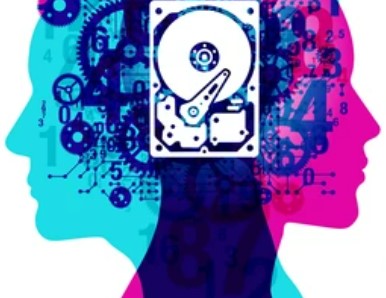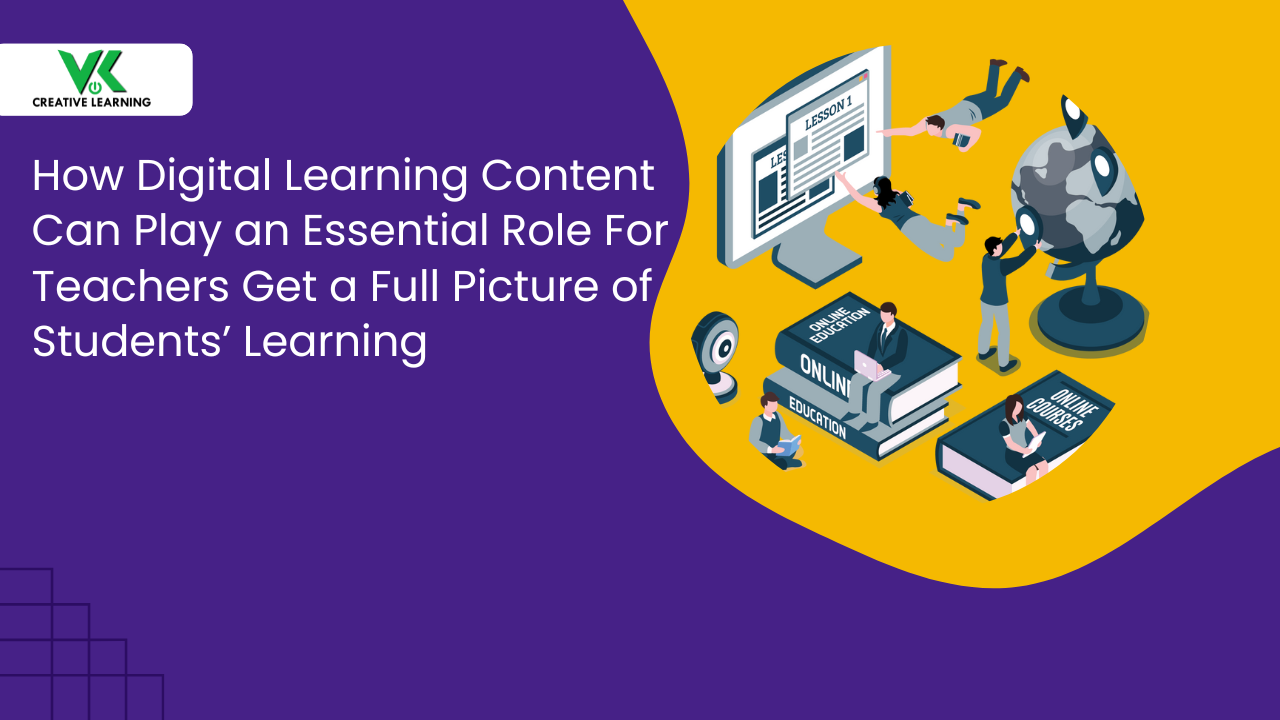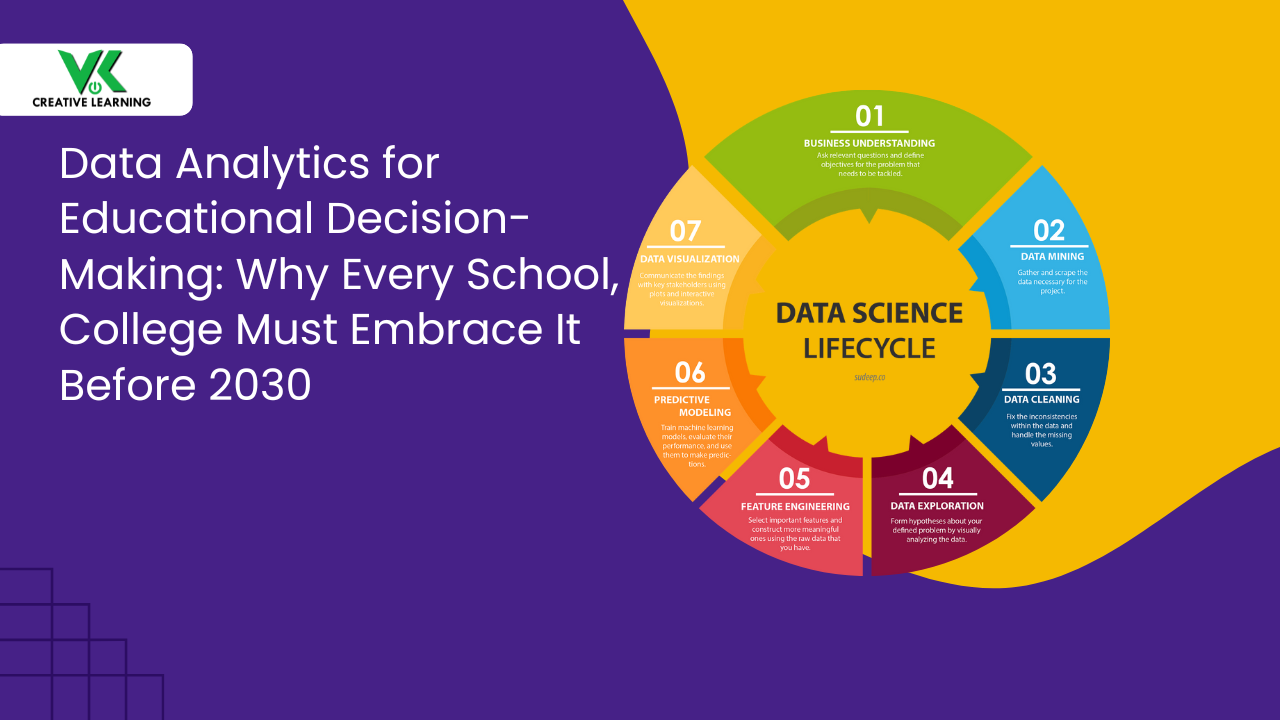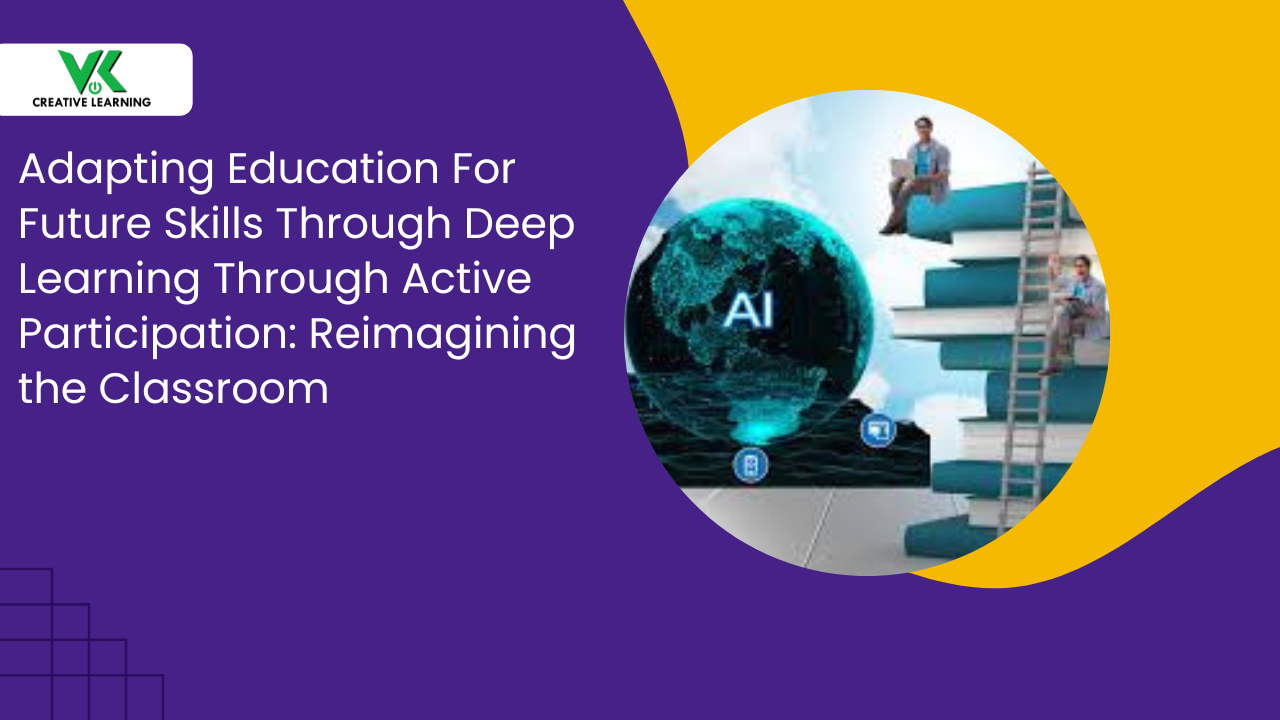Leveraging Multi-Aspects of AI for Improved eLearning Retention
March 08, 2023
The popularity of online courses specifically the eLearning platform is continually growing as its features allow virtually any student to access their education regardless of geography--great flexibility for learners who want to study at their own pace. Despite these benefits, one challenge persistent among users of eLearning is knowledge retention.
Fortunately by reining the potential of Artificial Intelligence (also called AI), learners can boost their knowledge retention over time. With AI, learners can enjoy a more meaningful and desired learning experience and educators can build comprehensive curriculums and measure the success of their programs. Not surprisingly, AI-powered eLearning continues to gain momentum among educators and learners alike.
Widespread Implementation
The implementation of Artificial Intelligence has become widespread, expanding to various sectors. For instance, AI algorithms can track learner behavior and usage patterns to customize lesson plans according to each user's unique learning style in finance, healthcare, manufacturing, and retail sectors training sessions.
Also, AI enables students to experience immersive simulated scenarios, with interactive elements like chatbots, facial recognition, and virtual reality--an exciting and engaging approach for developing new knowledge. Further, AI-based tools offer personalized insights into student progress, enabling teachers to understand potential areas in need of improvement. With this knowledge, educators can then modify their teaching styles accordingly.
An In-Depth Look at How AI Can Help with eLearning Retention
With the help of AI, eLearning programs can maximize learners' potential and retention levels. Let us explore how AI-based algorithms in eLearning can provide data-driven insights into learners' learning patterns based on their interests, allowing for personalized course structures and targeted assistance.
Using Personalized Learning Algorithms to Tailor Content for Each Learner
A smart way to ensure memory retention rather than rote memorization is by utilizing the power of Artificial Intelligence (AI) in eLearning solutions. Reason--AI allows content to be tailored to each individual learner’s needs, optimizing their overall learning experience. By employing the capabilities of advanced machine learning algorithms and data processing methods, AI-powered eLearning can offer personalized recommendations and fresh insights into how students are engaging with their material. With this information, educators can quickly identify areas of improvement in both teaching and course design, and accordingly, make adjustments to maximize students' performance.
Another application of AI in eLearning to ensure personalization is its ability to recognize learning patterns of different learners. This enables instructors to gauge which topics or modules are posing to be the most commonly struggling points and address those issues before they become a pricking issue. This way AI serves as a tool for predicting what content will yield the best results for particular groups of learners and help educators to create more effective learning plans as per eLearning requirements. Furthermore, such eLearning platforms can suggest tailored content that relates to the topic being discussed, increasing overall engagement and improving recall rates.
Virtual Assitance
Through virtual assistants particularly chatbots, students can access personalized assistance quickly without waiting for a response from already-busy professors. On the other hand, the interesting aspect is that real-time language analysis tools allow monitoring tone, sentiment, and language complexity that suit learners' information-absorbing style. All these aspects of eLearning help to keep students focused and motivated toward eLearning; ultimately resulting in improved retention rates.
Also, AI-powered technologies generate educational resources rapidly through automated, well-understood processes to deliver enhanced understanding--no human intervention required for certain aspects of content development. In addition, the incorporation of virtual assistance into instruction materials has resulted in smarter content, enabling content providers to deliver complex information in simpler terms. As these advances progress and become readily procurable, there will likely be increased opportunities for schools, universities, and organizations to aim for increased retention.
Not just these, AI-enabled voice recognition feature in eLearning would allow students to interact with course materials in an insightful and delightful manner.
Utilizing Natural Language Processing and Machine Learning for Improved Engagement
eLearning has become increasingly important in modern education and training programs but a major challenge lies in maintaining learners' retention. This can be addressed through the utilization of Natural Language Processing (aka NLP) and also machine learning algorithms--a form of AI--to render enhanced immersive eLearning experiences. By analyzing user interactions with content, NLP technology can detect similarities in patterns in how different learners interact with lessons in LMS courseware and provide the details to educators accordingly.
Furthermore, predictive analytics can be employed to facilitate support when learners struggle with particular concepts or need additional guidance on specific topics. Machine learning tools can also evaluate students' performance at a granular level by assessing aspects of learning such as time spent on certain content and assessment--exhibiting diverse levels of complexity. This type of analysis allows instructors to see where adjustments are required to fine-tune outcomes wisely, which in turn boosts overall eLearning retention rates.
The use of Artificial Intelligence also enables personalized feedback to be given quickly and accurately, helping to ensure that any issues are addressed promptly and giving the learner an extra layer of confidence. These features, more importantly, enable the delivery of personalized feedback accurately, ensuring any issues are addressed promptly and giving the learner an extra stratum of confidence.
Conclusion
AI-boosted eLearning solutions have an array of features that can be put in for personalization purposes to engage learners and thereby work on knowledge retention.
VK Creative Learning (aka VKCL), a pioneer eLearning company with a go-getter attitude, can create personalized AI-powered eLearning content with special attention to information retention.



